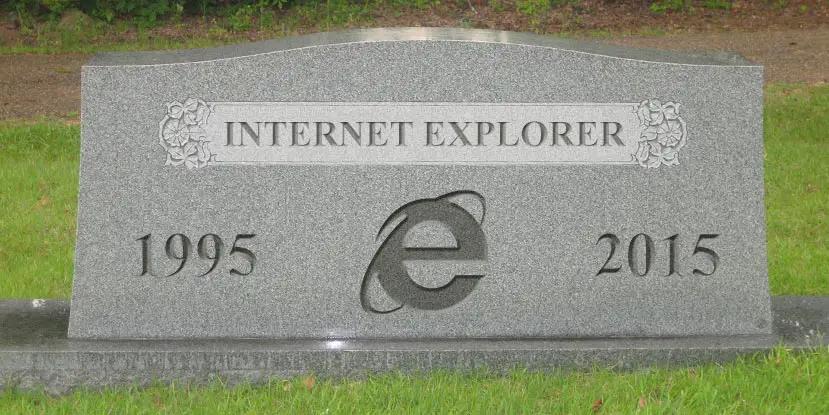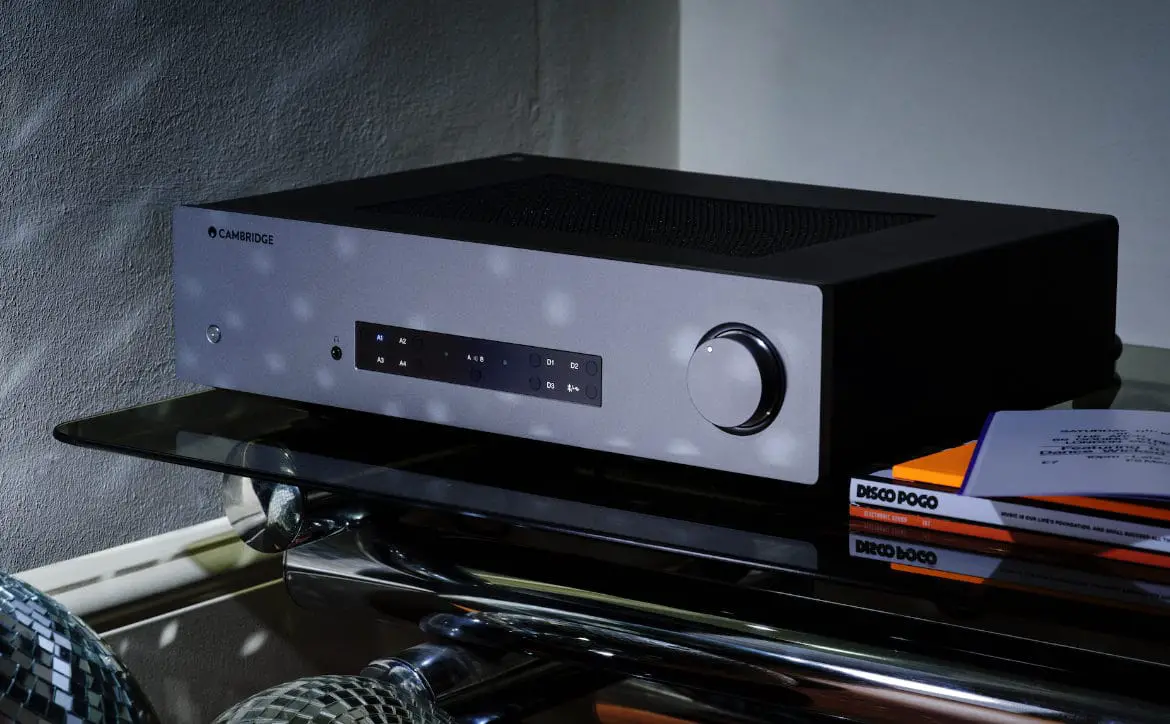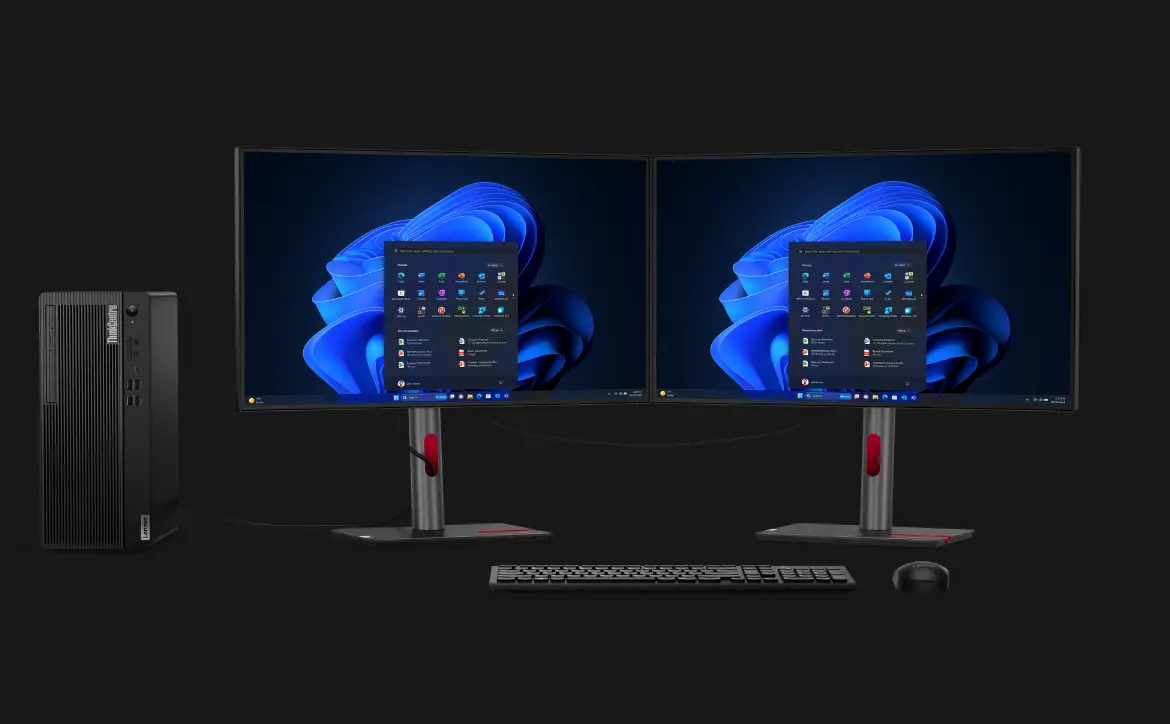Late last year, Microsoft announced that the end of support for older versions of Internet Explorer was coming soon. If you’re still using a version of Internet Explorer previous to 11 — namely 8, 9, or 10 — that support ends next Tuesday, January 12, 2016.
So what does end of support mean? It means that after Jan. 12, Microsoft will no longer provide technical support, or more importantly, security updates for older versions of Internet Explorer. While those versions of the browser will still work, not receiving security updates means that your browser — and by extension computer — will be open to vulnerabilities that can be exploited by malware used to gain access to your data and information.
While most Internet Explorer users are using Internet Explorer 11 or the new Microsoft Edge browser that comes with Windows 10, of the 12.5 percent global market share, roughly 36 percent (4.6 percent of global users) of those users are still using IE 6 through 10. Most of these users are most likely business users, and their IT departments will have to deploy IE 11 or Microsoft Edge to their users, but for those who are home or small to medium business users, they can update easily by turning on Automatic Updates by opening their Control Panel, and clicking on the Check for Updates button in the Windows Update section.
According to Microsoft, some of the potential risks of continuing to run older versions of Internet Explorer after Jan. 12, include:
- Security: Without critical browser security updates, your PC may become vulnerable to harmful viruses, spyware, and other malicious software which can steal or damage your business data and information.
- Lack of Independent Software Support: Many software vendors no longer support older versions of Internet Explorer. For example, Office 365 takes advantage of modern web standards and runs best with the latest browser.
- Compliance: Businesses that are governed by regulatory obligations such as HIPAA should conduct due diligence to assess whether they are still able to satisfy compliance requirements using unsupported software.
For those users concerned about not being able to use Internet Explorer because they are on Windows 10, IE 11 is actually already installed and can be set as the default browser instead of the new Microsoft Edge. Simply search for “Internet Explorer” using Cortana or the search bar to get started.
Microsoft has indicated that Internet Explorer 11 will be supported for the life of Windows 7, Windows 8.1, and Windows 10.
[button link=”https://www.microsoft.com/en-us/WindowsForBusiness/End-of-IE-support” icon=”fa-external-link” side=”left” target=”blank” color=”285b5e” textcolor=”ffffff”]Source: Microsoft[/button][button link=”http://www.w3counter.com/trends” icon=”fa-external-link” side=”left” target=”blank” color=”285b5e” textcolor=”ffffff”]Source: W3Counter[/button]Last Updated on November 27, 2018.










